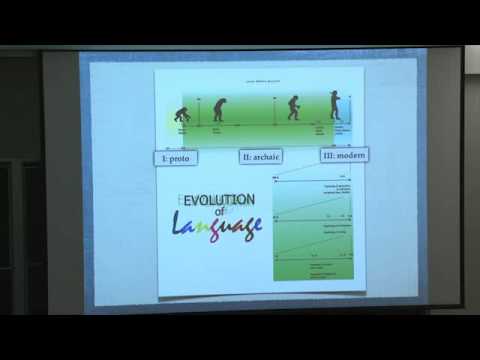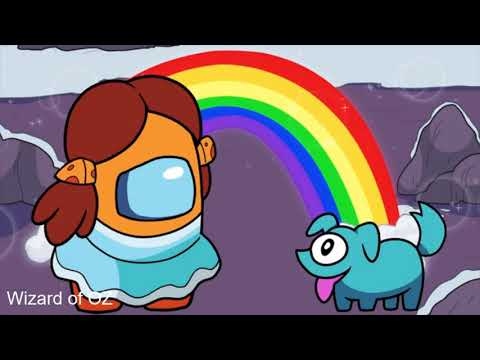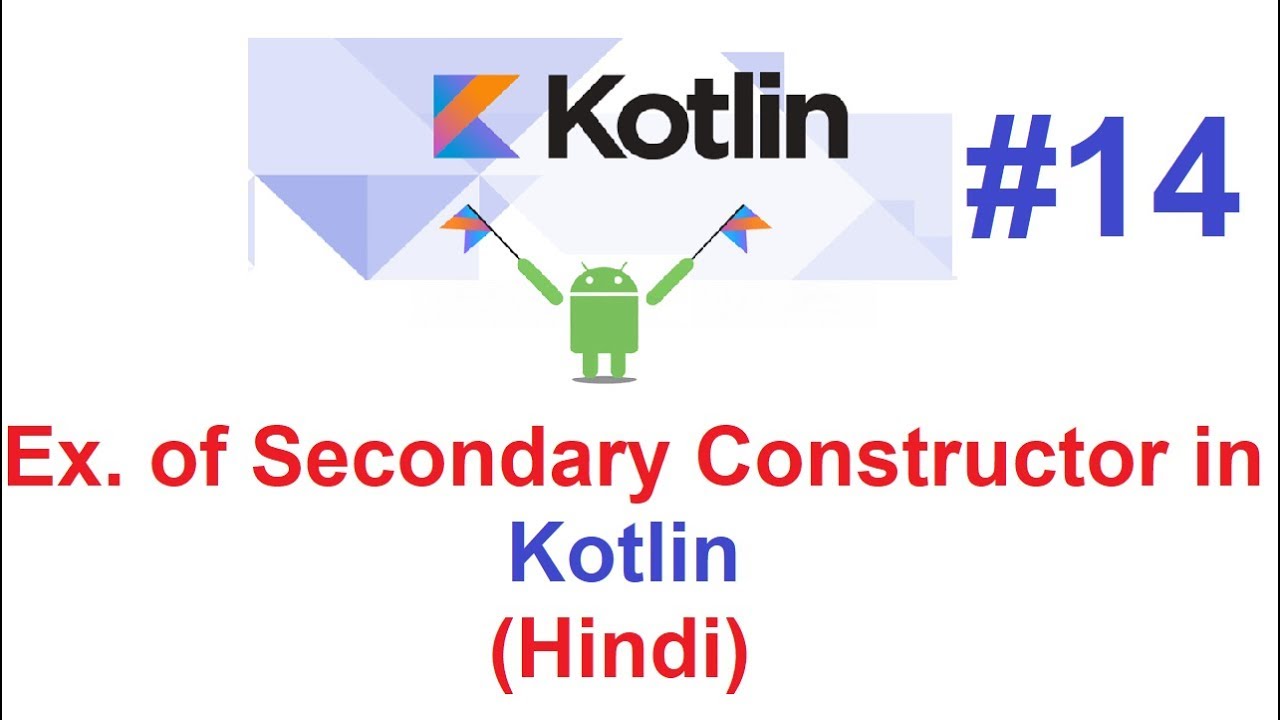The University of British Columbia
Webcast sponsored by the Irving K. Barber Learning Centre, and hosted by the Department of Language and Literacy Education and the Faculty of Education as part of the plenary session at the 37th International Systemic Functional Congress, Matthiessen poses the theme that is “language evolving”. This can be interpreted either very generally or more technically. (1) Taken very generally, this could mean language changing in any of the three time-frames that have been explored in systemic functional linguistics phylogenetic change (language changing in the human species, or in human societies, over a long period of time ranging from generations to history of the human species), ontogenetic change (language changing in human individuals [seen as organisms or as persons] in the course of a lifetime, or logogenetic change (language changing in the course of the unfolding of text). (2) Taken more technically (i.e. with “evolution” in the technical sense introduced by Darwin), this means language changing phylogenetically language evolving as part of the evolution of the human species (in biological terms) and as part of the evolution of human groups (in social terms), these two being complementary aspects of human evolution. However, Matthiesson focuses on the narrower, technical sense of “language evolving”. More specifically, he explores the “big history” of humans – a deep time view of human evolution in linguistic, or more generally in semiotic terms, starting with the emergence of the human line and moving up to the present. .
Christian Matthiessen — Language evolving: Notes towards a semiotic history of humanity




Wonderful stuff!